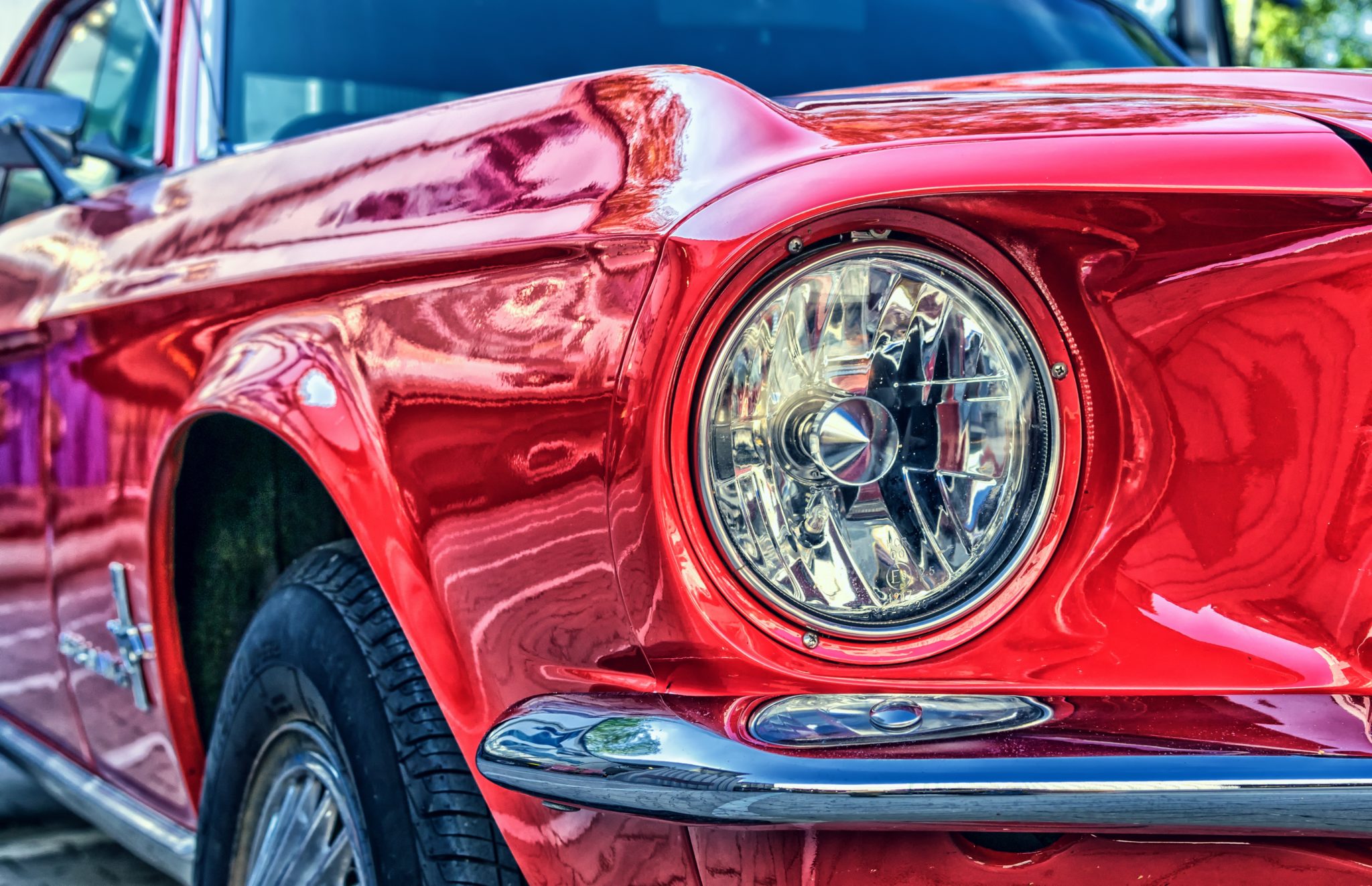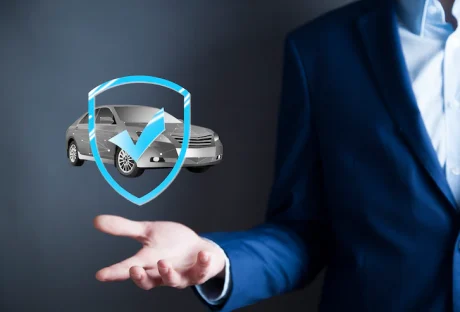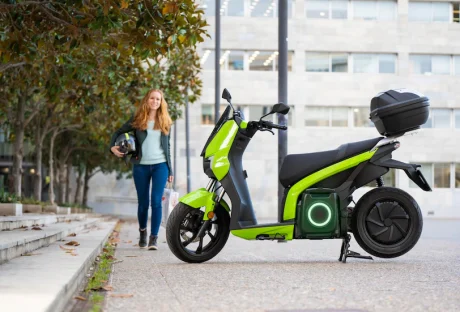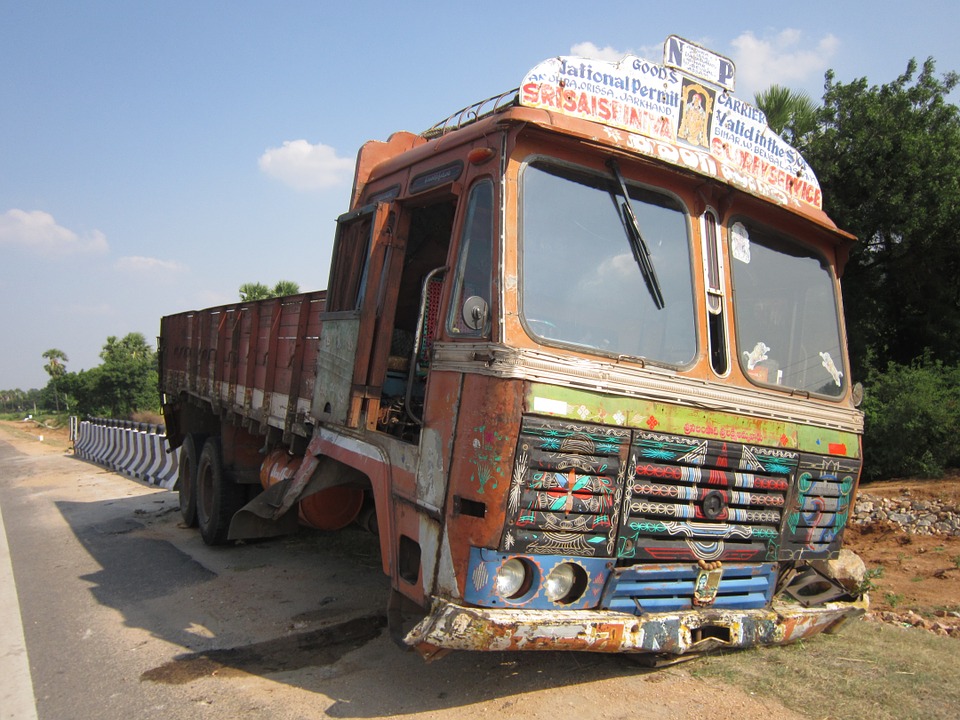It’s easy to get excited as you buy your first-ever motorcycle after learning the motorcycling basics and passing a motorcycling safety course.
However, don’t rush and buy just about any motorcycle that you see. Here are things to consider before buying your first motorcycle.
1. Your Needs
When it comes to buying a vehicle, your needs should be your priority. Consider all your needs when choosing a motorbike to purchase.
This includes the traffic on the route that you take every day as well as the distance that you cover on a daily basis. By taking your needs into account, you can save yourself from feelings of regret later.
2. Your Type
There are many different types of motorcycles. Choose a certain type of motorcycle that fits your style of driving.
If you just want a regular type of bike, choose the standard type of motorcycle. Although they don’t have big buildings and super-sized machines, they’re great because they’re flexible and approachable.
If you’re a professional car driver who wants to outrun cars on the road, you might want to go for sports bikes, like a Harley-Davidson livewire. However, they’re not the best choice for beginners.
If you want a bike but still want the comforts of a car, touring bikes could be great for you. These types of cars have some of the features of a car, such as GPS, windscreens, stereos, automatic transmissions, and carrying capacities.
The above-mentioned types of motorcycles are only a few of the many of them. It will be great for you to do your research before finding a bike to purchase.
3. Your Size
This one is a no-brainer. Motorcycles come in different sizes and shapes. Choose one that fits your size and build. Don’t choose one that is too small or too big for you; this will only get in the way of your comfort.
To be sure, try a motorcycle on for sizing, or if possible, take it for a short ride. This will give you a clue about the ergonomics of a bike and how it fits the figure of your body.
4. Your Options
There can be thousands of different motorcycles on the market today, and each has different features that may or may not attract you.
Because you have a long list of options, you may have a hard time making your final buying decision. To save time, only pay attention to the ones that could be the most beneficial to you and your needs.
5. Your Long-Term Budget
When buying a motorcycle, you’re spending money not only on purchasing the vehicle but also on maintaining it on a regular basis. This is why it’s so important to estimate all the expenses associated with owning a bike like car cover, protectors, luggage, etc.
Your total expenses may include the cost of your safety gear. The Moto Expert has a variety of high-quality helmets, jackets, pants, and gloves that you can choose from. The cost of regular maintenance may also add up to your total outlays.
You might also want to consider your oil consumption every day. While it may not be that costly, it can greatly affect your economic stability in the long run.
The idea is to be able to assess yourself whether you can handle all the financial responsibilities of owning a vehicle.
6. Your Preferences
After taking all the necessary considerations, it’s time to think of your own preferences. What brand, color or shape do you want? The level of engine performance does you prefer? What parts and accessories do you want your bike to have?
Since this will be your first-ever motorcycle, don’t think twice about giving yourself exactly what you want. Although your needs come first, you shouldn’t forget about your wants.
Things To Consider Right After Buying Your First Motorcycle
Now that you’ve bought your first motorcycle, the excitement is real!
But wait!
Don’t get ahead of yourself just yet.
There are a few things you need to handle to make sure you’re fully prepared for the road. Let’s go through some key steps you should take right after purchasing your bike.
Get The Right Gear
Safety is a top priority, and that means getting the right gear. A high-quality helmet is non-negotiable. It’s the most important piece of safety equipment you’ll own.
Make sure it fits snugly and meets safety standards. Beyond that, invest in a good jacket, gloves, and boots to protect you in case of an accident.
You might be tempted to skip some of these, but it’s always better to be safe than sorry. The right gear doesn’t just protect you; it also adds comfort during your rides.
Insurance And Registration
Next up, don’t forget to get your motorcycle registered and insured. Many places won’t even let you hit the road without the proper paperwork in place.
Insurance can save you a lot of headaches in case of damage, theft, or accidents. So, ensure you compare policies and choose one that fits your needs and budget.
Plus, having your registration updated ensures you’re riding legally. This is a quick step, but super important if you do not want to get into any legal trouble later!
Learn The Bike
You’ve got the basics down, but now it’s time to truly understand your bike. Spend some time getting familiar with how it handles.
Practice slow turns, quick stops, and general maneuvers in a safe, open space before hitting the busy streets.
Every bike is different, and the more you know your own, the better rider you’ll become. Plus, it’ll boost your confidence and make your rides more enjoyable!
Maintenance And Care
Finally, regular maintenance is key to keeping your bike in great shape. Check your tire pressure, oil levels, and brakes frequently. Keeping an eye on these small things can prevent bigger (and more expensive) problems down the road.
It might seem like a hassle at first, but trust me, getting into a maintenance routine will save you time and money in the long run.
Enjoy your new ride, but always stay prepared! It’s all about being safe, smart, and ready for the adventures ahead.
Read More:


























